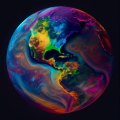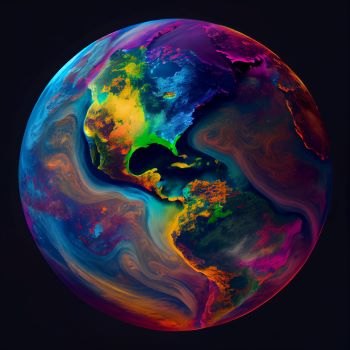Staff Picks
We Never Stop Needing Windows and Mirrors

02.21.23

We do this a lot in the context of why we need diversity* in children’s and young adult books.
We say, all children need to be able to see themselves in what they read/watch/hear (the metaphorical “mirror”, validating that they are seen, they count and matter, and are not “side characters” on earth).
We say, children also need to read widely to explore, learn empathy, and have windows to other cultures that they are not familiar with.
This paradigm has since been broadened with the nuanced addition of prisms and more.
Clearly it’s not just children who need and benefit from diverse books. We never stop needing mirrors and windows.
And we cannot prescribe diversity for children if we adults aren’t open to stomaching material outside of our own comfort zones.

Hopefully, you don’t just eat one thing for every meal, every day, for months or years.
Whether with food or with reading, our lives are richer for having a wide variety of nutrients, tastes, textures, perspectives and cultures in our diet.
It’s okay to gravitate toward your favorite genre or go back to your creature comforts so long as you reach out every so often to something different.
You may like it, you may not; the important thing is trying.
I welcome you to challenge yourself this year with a richer, more diverse reading diet.
Do you only read fiction? How about trying a nonfiction book next?
Have you been in a single-topic rut, or encountering the same type of character over and over?
Do you only read sci fi, or only horror, only romance, or only a certain bestselling author?
In the same way, do you only begin or continue reading something if it aligns with your beliefs? Or if the author or characters resonate with your own lived experience?
Any list of “window” books will be very different for each individual.
Below are just some fiction and nonfiction books that have shown me a micro-slice of life in the shoes of someone whose experience is very different from mine.
I make an effort to read books by and about people of different races, genders, ages, body types, religions, nationalities and more.
If you take up this challenge, start adding to your to-read list today, and ask a librarian if you want suggestions!
*When I speak of diversity, I mean DIVERSITY. Racial diversity and multiculturalism are extremely important kinds of diversity; and so is diversity of body types, abilities, genders, sexual orientations, neurodiversity, age, etc.